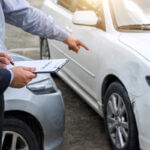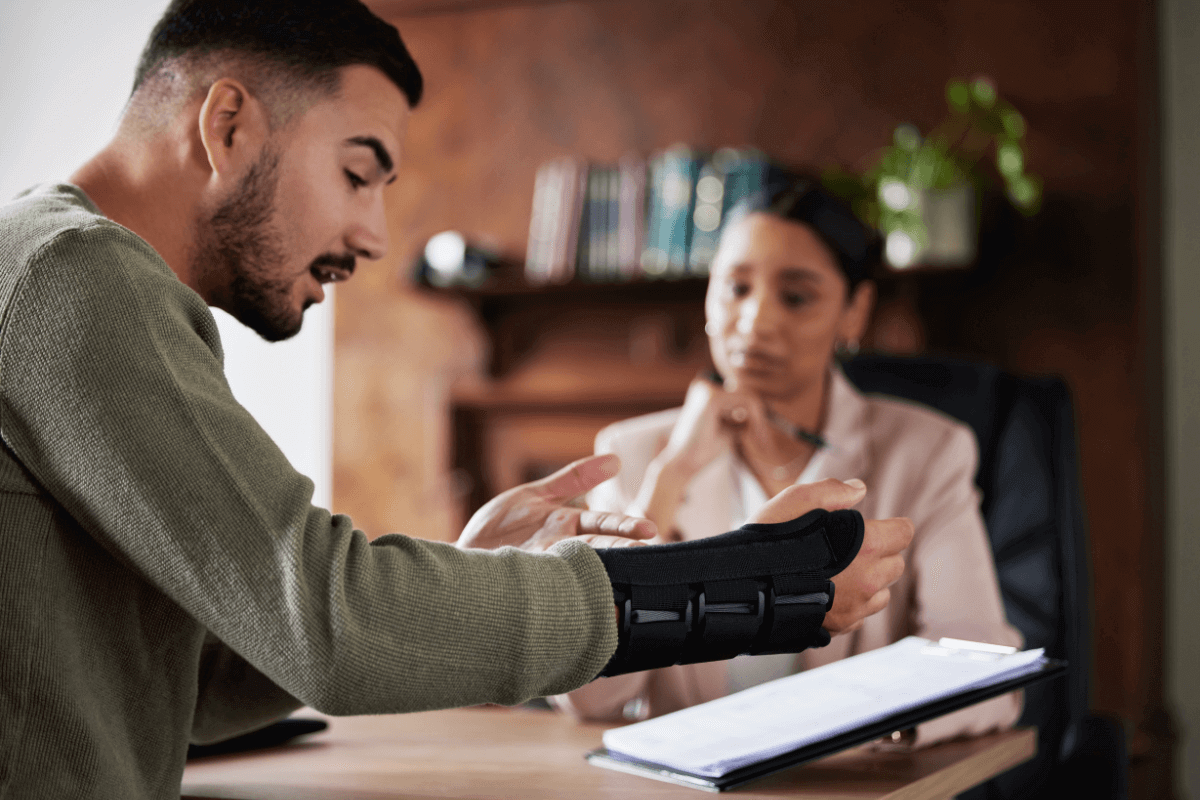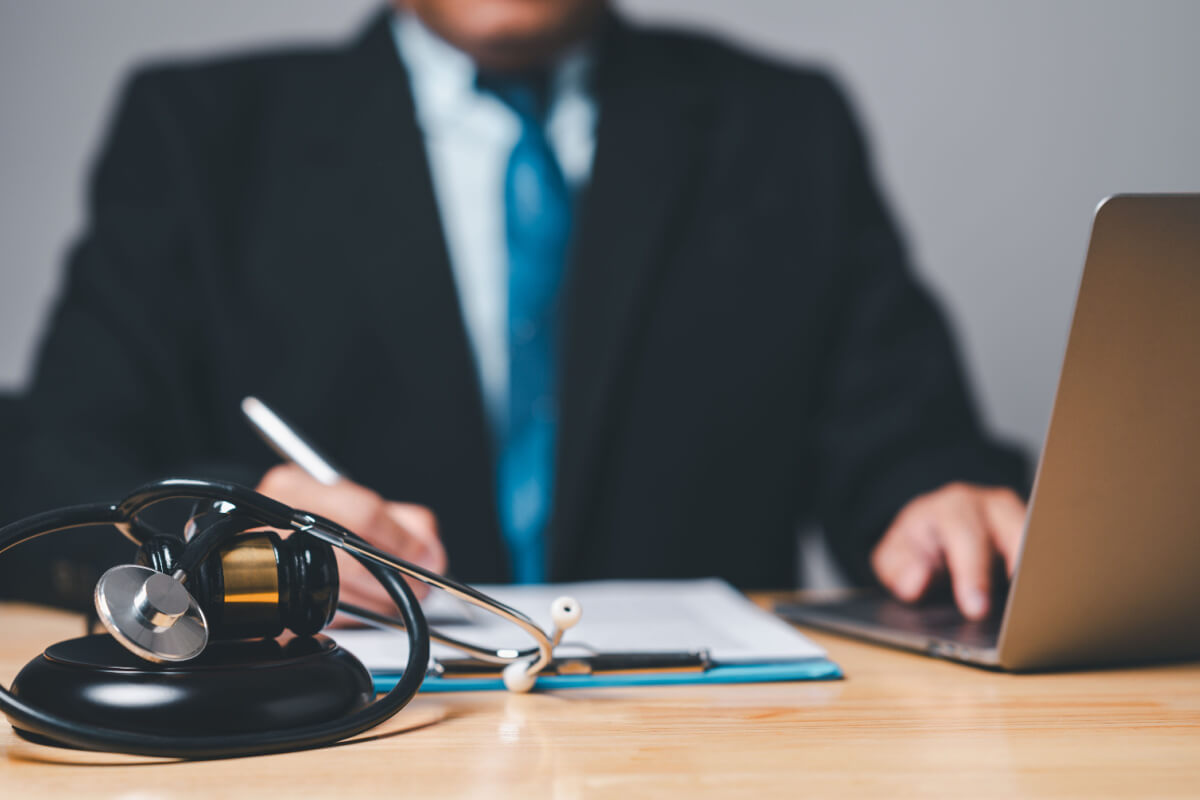
Associate at AKD Lawyers
Practice Areas: Personal Injury, Workers Compensation
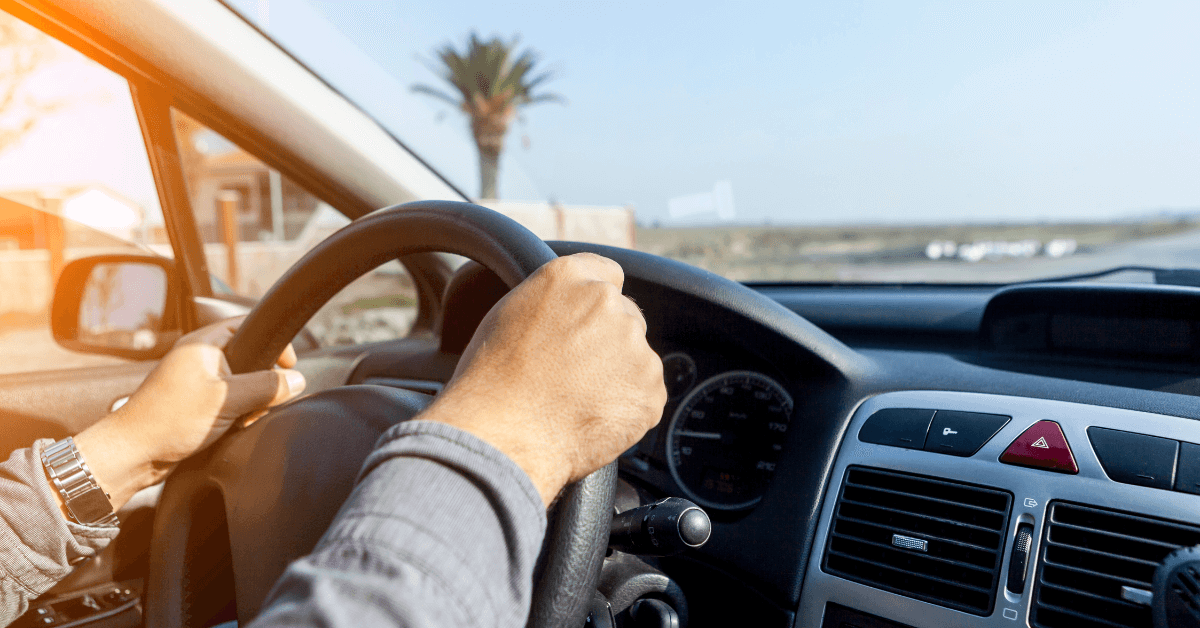
Rideshare services like Uber and Lyft have made transportation more convenient, but they also come with risks. While most drivers follow the rules, there have been cases where passengers find themselves in a vehicle with a drunk or impaired driver.
If you ever suspect that your Uber or Lyft driver is intoxicated, your safety should be the top priority. Reporting a drunk driver is not just about your protection—it can also prevent potential accidents and safeguard other passengers and pedestrians
But how do you report a drunk Uber or Lyft driver? What happens after you submit a complaint? Can Uber or Lyft be held responsible if an intoxicated driver causes an accident? This guide answers these questions in detail, helping you understand your rights and legal options.
Uber and Lyft’s Zero Tolerance Policy: How It Works
Both Uber and Lyft have strict Zero Tolerance Policies that prohibit drivers from operating under the influence of drugs or alcohol. According to these policies, if a driver is found to be intoxicated while working, they can be permanently removed from the platform.
“If you suspect that your driver is under the influence of drugs or alcohol, please request to end the trip immediately and report it to Uber or Lyft support.” — Uber Safety Guidelines.
However, these policies only work if passengers report violations. Many riders are unaware of how to report a drunk driver properly or what happens after a report is submitted
Uber and Lyft typically act only after receiving a complaint. If the report is verified, the driver may face a temporary suspension or permanent ban from the platform. In some cases, law enforcement may also get involved, leading to criminal charges against the driver.
Legal BAC Limits for Rideshare Drivers
In many states, rideshare drivers are considered commercial drivers, which means they are subject to stricter blood alcohol concentration (BAC) limits than regular drivers.
“In most states, the legal blood alcohol concentration (BAC) limit for commercial drivers, including rideshare operators, is 0.04%, which is lower than the standard 0.08% for regular drivers.”
This means that a rideshare driver can be legally impaired even with a small amount of alcohol in their system.
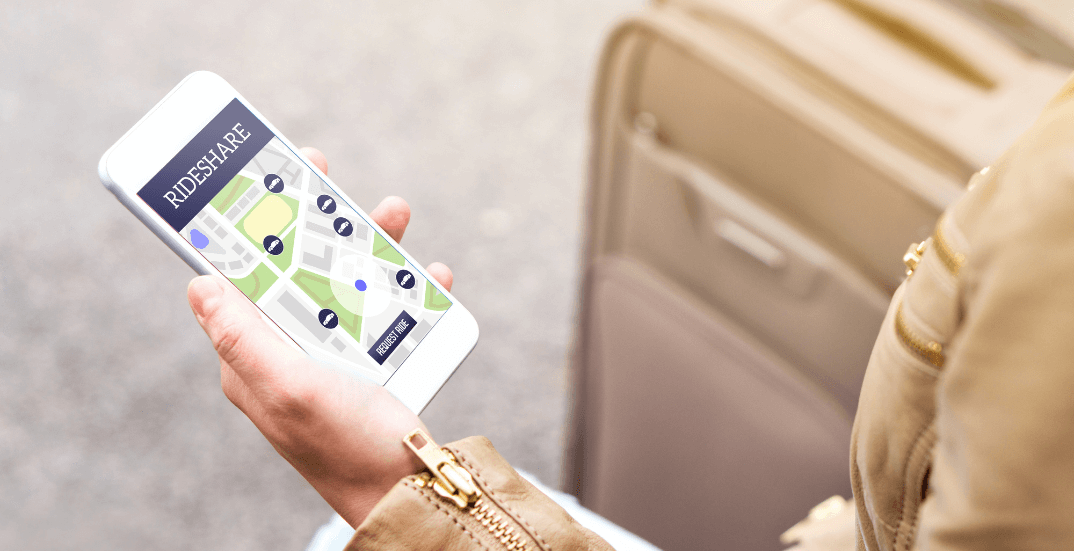
If a driver is caught exceeding this limit, they can face:
- Immediate license suspension
- Heavy fines
- Possible jail time
- Permanent deactivation from Uber or Lyft
How to Recognize a Drunk Uber or Lyft Driver
Not all intoxicated drivers are apparent. Some may not show clear signs of drunkenness, but there are certain red flags to watch for:
- Erratic driving: Sudden braking, swerving, or running stop signs.
- Slurred speech: Difficulty forming sentences or speaking clearly.
- The pungent smell of alcohol or drugs inside the car.
- Delayed responses to traffic signals and road conditions.
- Glassy, bloodshot eyes or a dazed expression.
- Open containers of alcohol or drug paraphernalia in the vehicle.
If you notice any of these signs, end the ride immediately and report the driver.
How to Report a Drunk Uber or Lyft Driver
If you believe your driver is intoxicated, follow these steps:
Step 1: Ensure Your Safety
- If you haven’t started the ride yet, cancel immediately and request another driver.
- If you’re already in the vehicle, ask the driver to pull over in a safe location and exit the car.
Step 2: Report the Driver to Uber or Lyft
Reporting a Drunk Uber Driver:
- Open the Uber app and go to “Help”.
- Select “Trip Issues and Refunds”.
- Click on “My driver was under the influence.”
- Provide a detailed description of the incident.
- Submit your report. Uber will investigate and take action if necessary.
Reporting a Drunk Lyft Driver:
- Open the Lyft app and navigate to “Safety Concerns”.
- Select “Report Driver Issue”.
- Choose the relevant trip and describe the situation.
- Submit your complaint for Lyft to review.
Step 3: Contact Law Enforcement (If Necessary)
- If the driver is actively endangering you or others, call 911 immediately.
- Provide vehicle details, license plate number, and driver’s name to authorities.
Step 4: Gather Evidence
- Take a screenshot of your ride details.
- If the driver shows signs of intoxication, record a video or take photos (if safe to do so).
- If there are other passengers, ask if they are willing to provide a witness statement.
What Happens After You Report a Drunk Rideshare Driver?
After submitting a report, Uber or Lyft will launch an internal investigation. The driver may be:
- Temporarily suspended while the company reviews the complaint.
- Permanently banned from driving for Uber or Lyft if the complaint is verified.
However, Uber and Lyft do not always share the outcome of their investigations with passengers.
If the police are involved, the driver could face:
- DUI charges
- License suspension
- Possible jail time
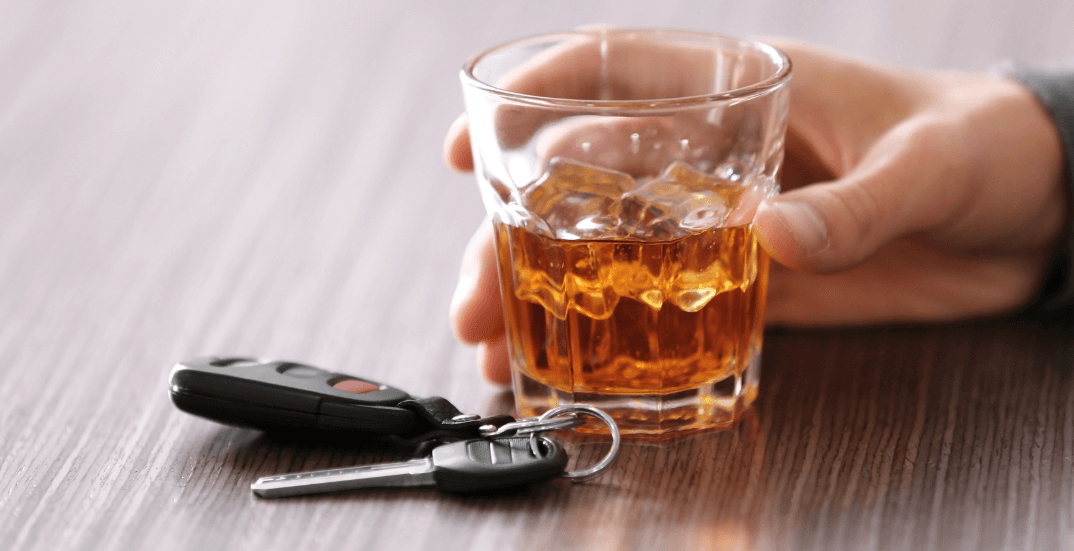
Legal Liability: Can Uber or Lyft Be Held Responsible?
Uber and Lyft classify their drivers as independent contractors, not employees. This means the companies are not automatically liable for a driver’s misconduct.
However, passengers who are injured due to a drunk Uber or Lyft driver may be able to seek compensation through the company’s insurance policies.
Reporting a Drunk Uber or Lyft Driver – Contact Methods & Response
| Method | How to Report | Expected Response Time |
| Uber App | Use ‘Help’ > ‘Safety Concern’ > ‘Report Driver’ | 24-48 Hours |
| Lyft App | ‘Safety Concerns’ > ‘Report Driver Issue’ | 24-48 Hours |
| 911 (Emergency) | Call if the driver is actively endangering lives | Immediate |
| Local Law Enforcement | File a police report if necessary | Varies by state |
Frequently Asked Questions
How do I report a drunk Uber or Lyft driver?
To report a drunk driver, use the Uber or Lyft app’s “Help” section, select “Safety Concerns,” and submit your complaint. If the driver poses an immediate danger, call 911 and report them to law enforcement for immediate intervention.
What happens after I report a rideshare driver?
Uber or Lyft will investigate your complaint, which may lead to the driver’s suspension or permanent removal. If necessary, law enforcement may also take action. You might not always receive follow-up details, but your report helps improve passenger safety.
Can I get a refund if my Uber or Lyft driver was intoxicated?
Yes. If you cancel the ride due to driver intoxication, request a refund through the app. Uber and Lyft typically issue refunds for safety-related concerns and may offer further assistance if you were put in danger.
Is Uber or Lyft responsible if a drunk driver causes an accident?
Liability depends on the situation. Since Uber and Lyft classify drivers as independent contractors, they are not always responsible. However, their insurance policies may cover damages if you’ve got injured due to a rideshare driver’s negligence.
Can I sue if I was in an accident involving a drunk Uber or Lyft driver?
Yes. If you were injured, you may file a personal injury lawsuit against the driver. You may also be able to claim compensation through Uber or Lyft’s insurance policies for medical expenses, lost wages, and other damages.
Conclusion: Your Safety and Legal Rights Matter
Rideshare services have made transportation more manageable, but encountering a drunk Uber or Lyft driver can be a serious safety risk. Knowing how to recognize the signs, report the issue, and take legal action if necessary can protect you and others.
If you were injured due to a drunk rideshare driver, you don’t have to handle the legal process alone. Our experienced rideshare accident attorneys can help you understand your rights and pursue the compensation you deserve.
If you or a loved one has been involved in an Uber or Lyft accident, don’t hesitate to seek legal help. Contact AKD today at 504-618-1638 or online for a free consultation. You deserve to have someone in your corner, fighting for your rights
Categories

In 2003, after being dissatisfied with the quality of legal care for victims of car accidents, Roderick ‘Rico’ Alvendia sought to establish a new firm focused on providing high-quality legal services to aid injured victims and their families. J. Bart Kelly, sharing Rico’s passion for upholding justice, joined the firm later that year, and established a partnership.


